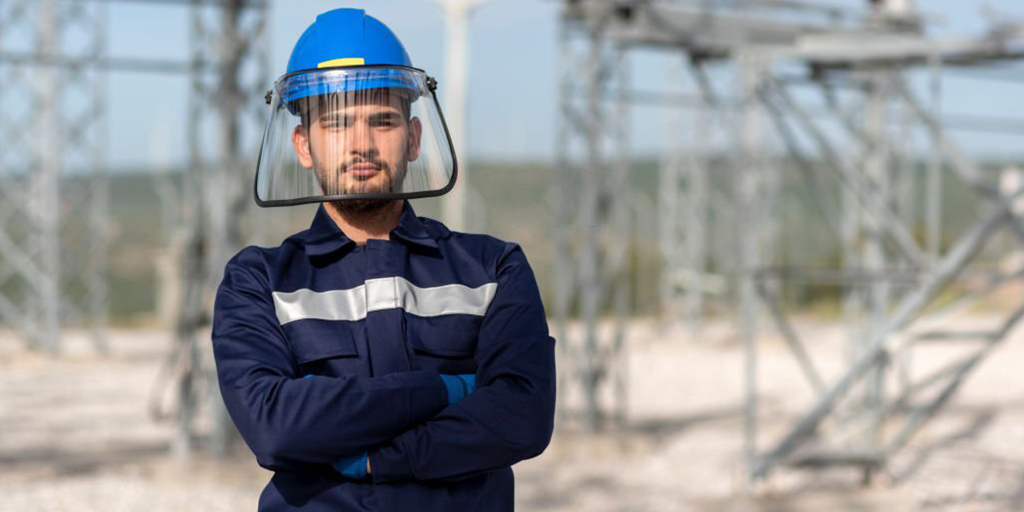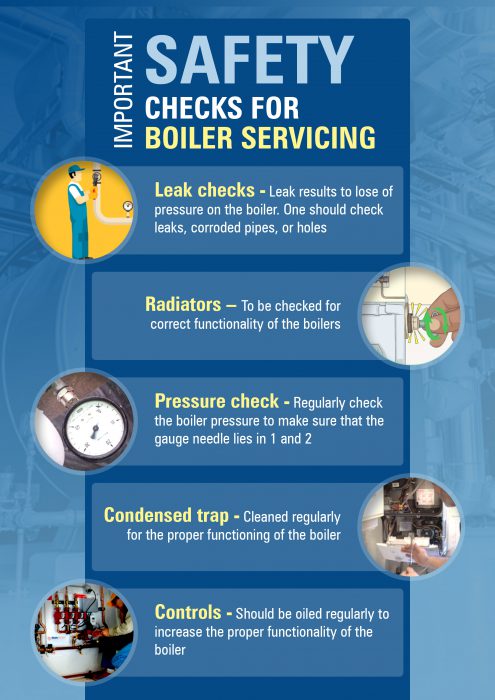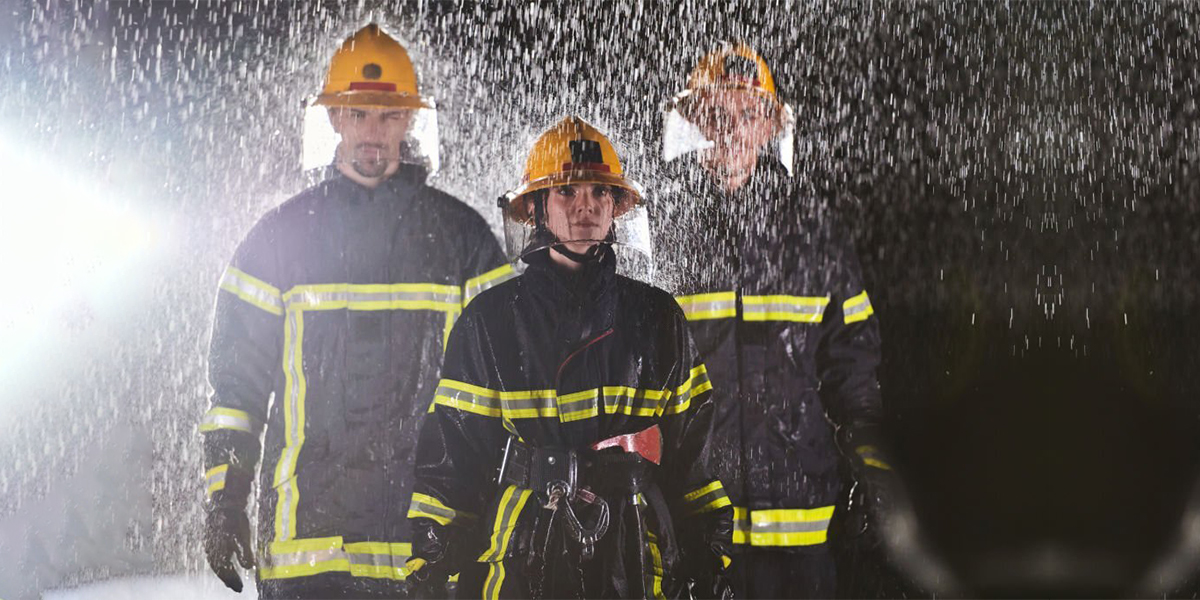Top 5 issues in boilers and why safety is crucial

The industrial explosion that occurred in North Carolina from a piping gas project took 4 lives of workers. Other in a nursing home in the Michigan kills 5. Also, a explosion from a power plant gas piping project in Connecticut kills 5.
As these tragic stories make headlines, thee are hundred more that go overlooked. Also, such a incidents are a testimony that regardless of the size or scope, when fuel and combustion systems are at issue, the devastating effects are massive indeed.
Proper and effective guidelines with standards when in place, the tragic incidents can be prevented and they can be better understood and enforced.
Because regardless of many reasons – incidents shouldn’t be occurring this way. Lives are critical and as they stand at stake, excuses ate unacceptable.
Whatever the reasons, it doesn’t have to be that way. When life is literally in danger, accusations don’t matter. The safety of combustion plants is essential for the daily operation of all plants and the safety of every employee. This aspect of safety is complicated and often incomprehensible, but if you look at these major problems with fuel and combustion equipment, you will better understand how you can protect your employees from fuel-related accidents.
EQUIPMENT PROBLEMS
Most plants do not have well-trained personnel in combustion plant maintenance, start-up and shut-down procedures, and plant operation. Most sites also do not follow proper guidelines for fuel trains and safety tests, although they are required by law.
People involved in a boiler explosion or fire often say, “But it’s just controlled!” They believed in their hearts that anyone could do anything to prevent a catastrophe because they obtained a judicial inspection and possibly a state certificate of operation. People think that the jurisdiction of boiler inspections is a magic bullet against problems. Few people realize what a mere commissioned boiler inspection is not.
Many large clients in this sector now have fuel safety and incineration programs that exceed legal minimum requirements. Technological advances that can improve security. Many large industrial customers now have safety programs for fuels and combustion equipment that go beyond the small legal requirements. This combustion system “self-checks” programs usually include regulatory analysis, but go beyond installation deficiencies, blocking testing, checking for maintenance procedures that may affect safety, and leak assessment. technological advances that can improve security.
KEEPING OLD EQUIPMENT
Jurisdictional inspectors often shake hands at what they can ask someone to do. Their investigation is often limited to the exact letter of the law. In many cases, for example, they can only check devices based on their installation code. Adherence to the code is not reversible. The codes usually change over three-year cycles, but subsequent new versions are optional. Security codes have commissions and are evolving for a reason. It’s because the technology world knows how to make things better. The difference between what is installed and what is needed in the current code is called a hole. Performing gap analysis on a device during installation can provide a plan for updating and maximizing security.
When a jurisdiction law inspector comes in and says it’s over, managers and others in senior positions have peace of mind – even 40-year-old equipment that requires a lot of manuals. manual start or stop on a daily basis. These managers must learn that technical “compliance” – but anywhere near the security level of the current code – is not a moral victory.

TESTING
All safety interlocks and switches should be checked regularly by law, but with maintenance budgets for initial cuts, proper inspection and testing is rarely done. Codes and manufacturers define the test frequencies for different types of components and safety systems. The frequencies in the required range of inspections / tests may be daily for certain items, such as flame observation or annually for testing safety shut-off valves.
In our experience, if we come across a site that is not regularly tested, it is likely that at least one switch or device on each device has failed. It’s like stopping the brakes on a car tire. When we find sites that have a regular service or test, they usually don’t do everything – or at least they don’t do everything right. It varies depending on who is responsible and the person’s knowledge of the device or system. And even if someone with knowledge does the right thing, we often find that job rotation and turnover do not guarantee that this care will be available in a particular place for many years. As a result, we haven’t seen very consistent sites under the business roof.
NEW EQUIPMENT COULD BE A PROBLEM
In most of the above examples, hazardous conditions develop over time due to a lack of care or management. But how can something go wrong with a newly installed device?
Consider a newly built facility that includes furnaces and a boiler heating system. The project can be designed and managed by someone who is part of your sales staff. It can give you a basic sense of confidence given the level of professionals who design the equipment. The plans are likely to be reviewed by several people, including the city’s building department, the local fire department, and the architect. The device is likely to be installed by a licensed vendor. You can expect that since there are a dozen experienced professionals, everything should be fine.
But everything can be wrong. Here are some of the bottlenecks in this everyday scenario.
HUMAN FACTOR
Assume that, despite all of the above, you have a properly installed and operational system. Employees, consultants and contractors have now left your site. Who is now qualified to operate and maintain the equipment?
Operational, maintenance and personnel problems are now your biggest safety issues with combustion plants. Boiler accident statistics show that almost 40 percent of all deaths and accidents are caused by human error or poor maintenance. Much of your success will already depend on the security culture of your site.
The next day, when everything is gone and you are now alone with your officially blessed equipment, a poorly trained person with a well-equipped screwdriver can destroy your building by collapsing and killing everyone in less than five minutes.
What is the best way to deal with the boiler problems?
TRAINING
Many facilities believe that training is something that happens at work in an informal sense. For them, information is passed on from person to person for coffee or between baseball markets. Years ago, when the equipment was new, more formal training could have taken place. Today, perhaps only half of the people are left.
The codes offer very few specific training guidelines, except that they say that training is absolutely necessary and should be conducted on a regular basis. This type of training – especially problem-solving techniques and emergency simulated exercises – is ignored in most of the training programs we have encountered, although this is clearly one of the most important things operators need to understand. and maintenance staff.
Safety animation training, in a visual form, can definitely help in realizing companies’ futuristic goals.
PREVENTIVE MAINTENANCE
A comprehensive preventive maintenance program is your greatest defense against accidents and another important part of maintaining safety. If the combustion device is not properly maintained, it may be less safe with each minute of operation. Dust, dirt, and grime accumulate in the fans and air burners.
Changes the air/fuel ratio. Some throttle valves shrink with each cycle. Pressure switch diaphragms and contact age. The water level controls the accumulation of mud.
These are all examples of possible operation or maintenance issues that could be a hassle for you and your site.
The problem is that some workplaces maintain the specific skills needed for proper maintenance of combustion systems. The skills and knowledge needed to make this job safe are enormous. These people have to do this work regularly to stay sharp – not once or twice a year.
They also need constant training and special equipment, such as a flue gas analyzer. Most sites lack people with this skill and are not well equipped. In many cases, these people are sufficiently aware of the danger.
Do not allow people to try to do things such as burner tuning, replacement of ignition control valves, or replacement of burner control systems if they are not properly charged.


